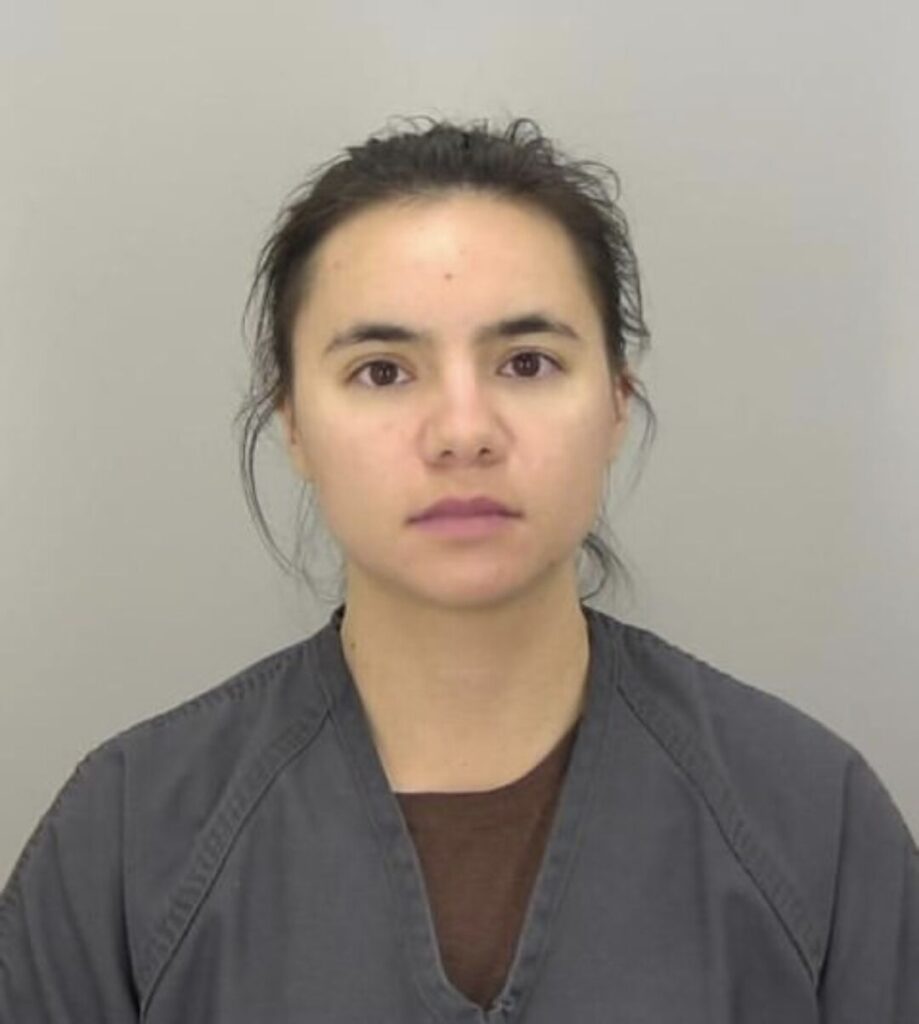Judge tosses attempt to extract $300 million from Loveland through invalid arbitration scheme

A federal judge has agreed that the city of Loveland does not owe a man $300 million through a baseless arbitration award.
U.S. District Court Judge William J. Martínez determined that no valid contract existed between Eyoel-Dawit Matios and the city, and a court could not confirm an arbitrator’s award to Matios under those circumstances.
The Feb. 1 decision adopted the reasoning of a magistrate judge who condemned in much stronger terms Matios’ attempt to extract money from Loveland.
“Mr. Matios’ instant attempt to enforce in federal court this non-existent arbitration ‘contract’ and the accompanying patently ridiculous $300 million arbitration award is fraudulent, an undue imposition on the City, and an extreme waste of judicial resources,” U.S. Magistrate Judge N. Reid Neureiter wrote on Nov. 10 in a recommendation to Martínez.
Reportedly, after a dispute with a Loveland police officer, Matios hired Sitcomm Arbitration Association. The organization charges clients in excess of $1,000 for some services, even though it is wrapped up in several failed federal arbitration-related claims. The volume of meritless Sitcomm-related cases prompted one judge in Texas to forward his order to state and federal prosecutors to alert them about the company’s activities.
Sitcomm issued a “Final, Binding, and Enforceable” award to Matios after Matios repeatedly notified Loveland that it was subject to a “self-executing” agreement. The city considered Matios’ claim to be baseless and fraudulent because Loveland had not agreed to any arbitration. After an alleged hearing in which the city did not participate, an arbitrator awarded Matios $300 million. Matios turned to the federal courts to confirm that award.
Although courts do have the authority to confirm arbitration awards, Neureiter said the notion that he could do so without a mutual agreement between the parties was “fanciful and contrary to first legal principles.”
Matios objected to Neureiter’s recommendation.
“Although there are numerous cases in regard to arbitration awards issued by Sitcomm and opinions issued by other courts,” he wrote to Martínez, “that Sitcomm awards were alleged to be fraudulent, Petitioner has not accepted these biased and hearsay opinions.”
Martínez rejected Matios’s contentions, and observed that Matios also “fabricates quotations throughout his argument.”
The Anti-Defamation League’s Center on Extremism has linked fraudulent arbitration to the anti-government sovereign citizen movement. The pseudo-legal claims, the ADL noted, take up space on court dockets and force defendants to expend resources defending themselves.
The case is Matios v. City of Loveland.














